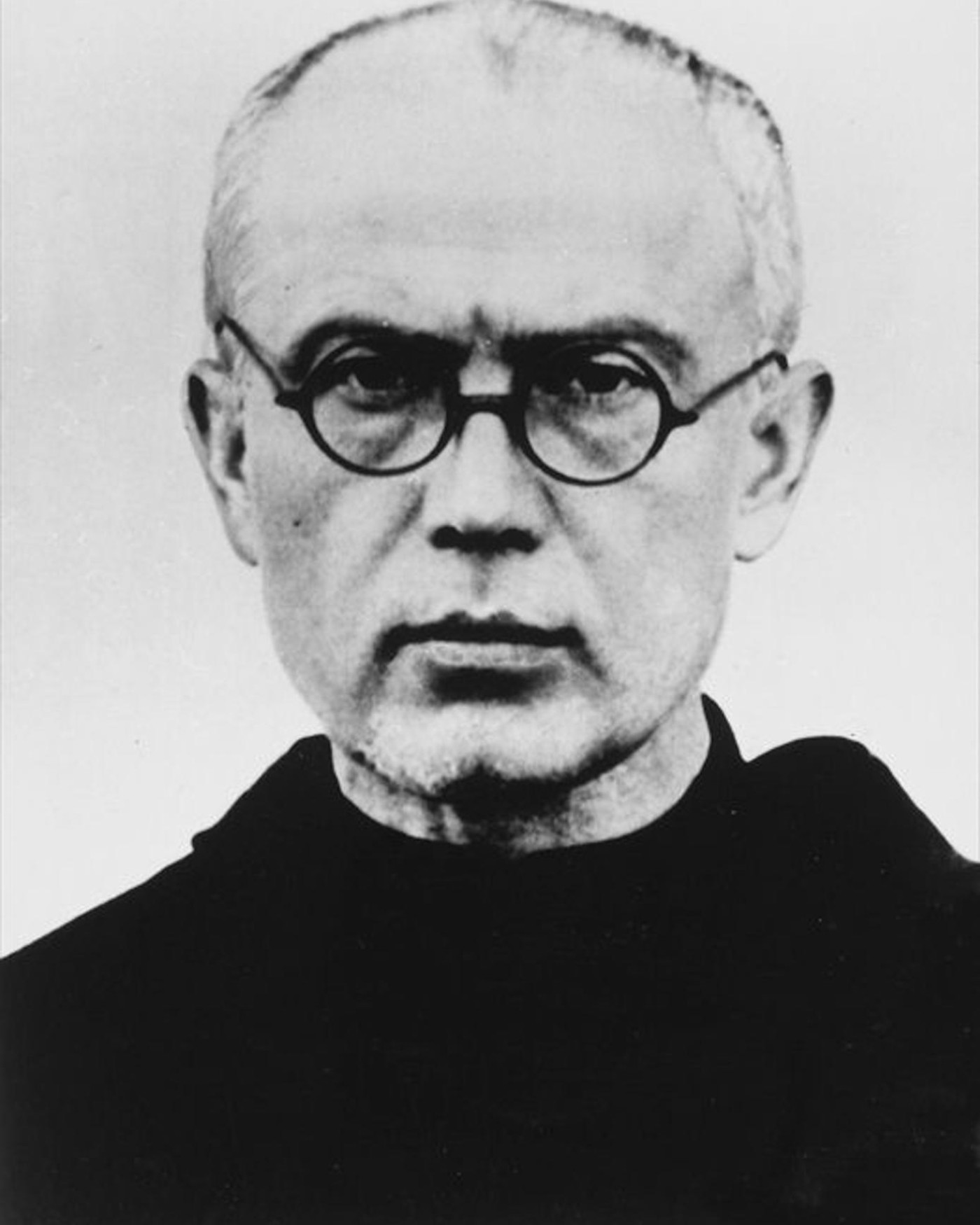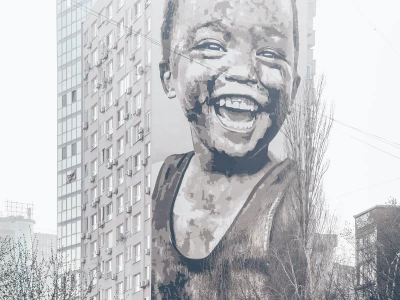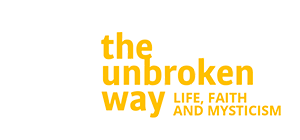Share this article
‘When You Change They’ll Change’

‘When you change, they’ll change,’ my late wife Cushla said to me somewhat enigmatically when I started complaining about having to work with people whom I regarded as difficult. Despite being a witness to her extraordinary wisdom and spiritual gifts for over twenty years, my first thought was to tell her that her statement didn’t make sense. ‘What about Mr Scrooge?’ I wanted to say. I was thinking of the landlord who owned the building where we rented office space. Nothing I changed about myself could alter his tightfistedness, especially every winter when he ‘forgot’ to order the heating oil, and we all had to work for several days with our coats on.
Yet, something in me stopped me in my tracks from saying my thoughts out loud. Deep down, I sensed that what Cushla said was the truth. I knew her statement wasn’t just an opinion or something she read; it came from one of her knowings, a place deep within her soul.
I’m still unravelling the full meaning of Cushla’s knowing, but the following quote from one of Mahatma Gandhi’s teachings helps explain what she meant:
‘We but mirror the world. All the tendencies present in the outer world are to be found in the world of our body. If we could change ourselves, the tendencies in the world would also change. As a man changes his own nature, so does the attitude of the world change towards him. This is the divine mystery supreme. A wonderful thing it is, and the source of our happiness. We need not wait to see what others do.’
Although other tenants and I had strained relationships with the landlord, Cushla was always pleasant in her dealings with him and never showed him any animosity. Admittedly, by nature calm, she had, through incredible spiritual discipline, transformed herself into an even more enlightened, fearless and happy soul. The landlord, I believe, sensed this and other uncommon virtues in her. She was self-assured without being full of pride, and she didn’t need anyone’s approval. These qualities, combined with her fearlessness, meant that she never grasped at anything with greediness or tried to manipulate people. Consequently, she had a definite air of nobility, and the landlord, who seemed to have a low opinion of human nature, recognised that she was different and wasn’t looking for anything from him. Because of all this, he relaxed with her when discussing business.
While he did little for others, the landlord went out of his way to help Cushla, including supporting her when she needed to install a stairlift for her sister, Tricia, who used a wheelchair and had just begun working with us. He told me once how impressed he was to see how well Cushla took care of Tricia. He died not long after our chat, but I’m sure Cushla gave him hope that there was goodness in the world.
The Inner Work Necessary To Transform Yourself

‘As a man changes his own nature, so does the attitude of the world change towards him. This is the divine mystery supreme.’
― Mahatma Gandhi
Despite experience teaching us that we can’t change others, we keep trying and failing miserably. Changing ourselves first is a much more powerful catalyst in breaking through to others. As well as Gandh, the Christian mystics, especially St Thérèse of Lisieux, understood that when you transform yourself and strive for transcendence, you can alter the energy and behaviour you project, causing others to react to your new reality and potentially examine their own behaviour more closely. It seems, though, that we would rather do anything than undertake the hard work and spiritual discipline required to transform ourselves:
‘Everybody wants to change the world, but nobody wants to change themselves,’ the Russian writer Leo Tolstoy said in 1900. Nowadays, it seems even more popular to engage in virtue signalling. Social media has given moral posturing a vast platform, where it’s easier to engage in virtue signalling than to work on actually being virtuous. We’ve all seen posts that promote a cause but offer no tangible or meaningful action. No person with awareness is really impressed, whereas something in us responds to someone willing to pay a price.
Changing ourselves and inspiring others to do so requires sacrifice. Think of the spiritual giants who changed the world through sacrifice: Jesus Christ, Maximilian Kolbe, Gandhi, St Francis of Assisi, Mother Teresa, to name a few. But it isn’t just these extraordinary historical figures who inspire us to change. If we slow down and look around, we can see ordinary but remarkable people who live for others, prompting us to examine our own lives. They inspire us because their actions align with their words.
Furthermore, it seems that at an unconscious level, we can sense whether their thinking matches up with what they say and do. The Indian Jesuit and mystic Anthony de Mello suggested that people may know when you dislike them because we often project our hidden unhappiness and programming onto others. According to his teachings, this projection can be sensed by others, even if it’s not consciously stated.
It’s shocking to realise how thoughts can affect those around us without a single word being uttered. I’ve reflected remorsefully on how people responded to my unspoken anger, judgment, or frustration. Conversely, it gladdens me to think that they also picked up on my unspoken affection, admiration, or hopefulness for their future. Simply put, thoughts carry a significant weight and have a profound impact on others.
What if you’re seeing people the wrong way?

‘It is a sobering thought that the finest act of love you can perform is not an act of service but an act of contemplation, of seeing. When you serve people, you help, support, comfort, and alleviate pain. When you see them in their inner beauty and goodness, you transform and create.’
― Anthony de Mello, Indian Jesuit, psychotherapist and spiritual teacher.
‘The people you are meant to meet today show up’, ’ Cushla said to me more than once. Again, it was one of her knowings. With my Pollyanna thinking, I’d usually imagine someone entertaining, likeable, and positive. In reality, it was often someone I didn’t get along with or somebody I saw as particularly difficult. But, when I reflect now, I realise I was meant to meet these people for a reason.
If we open our spiritual eyes and heart wide enough, we notice how events are colliding and interweaving in our lives, how they might serve us, and what we could learn from them. However, it must also be said that, no matter how spiritually aware we think we are, more often than not, we may never know, on this earthly plain, why we meet certain people. We have to have faith that if someone we dislike shows up, it is not a random event but a message from God. He knows that dealing with difficult people is one of the best ways to strengthen our ‘muscles’ of patience and love. Perhaps God also wants these souls to meet you because you can give them what they need at that moment, whether it’s solace, understanding, or just your presence.
I’m still learning that if I view people negatively or struggle to deal with them, I need to constantly remind myself to turn the situation over to God, who sees the entire story behind why people are the way they are.
Share this article
Categories
in your inbox

Inspirational Lives









